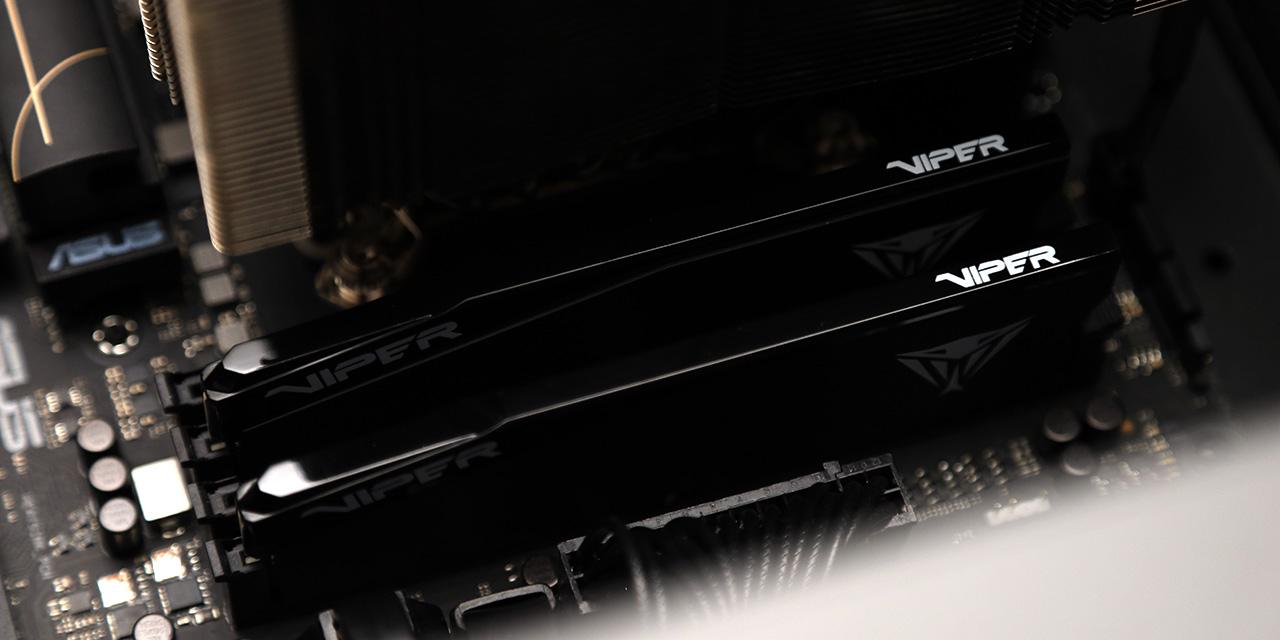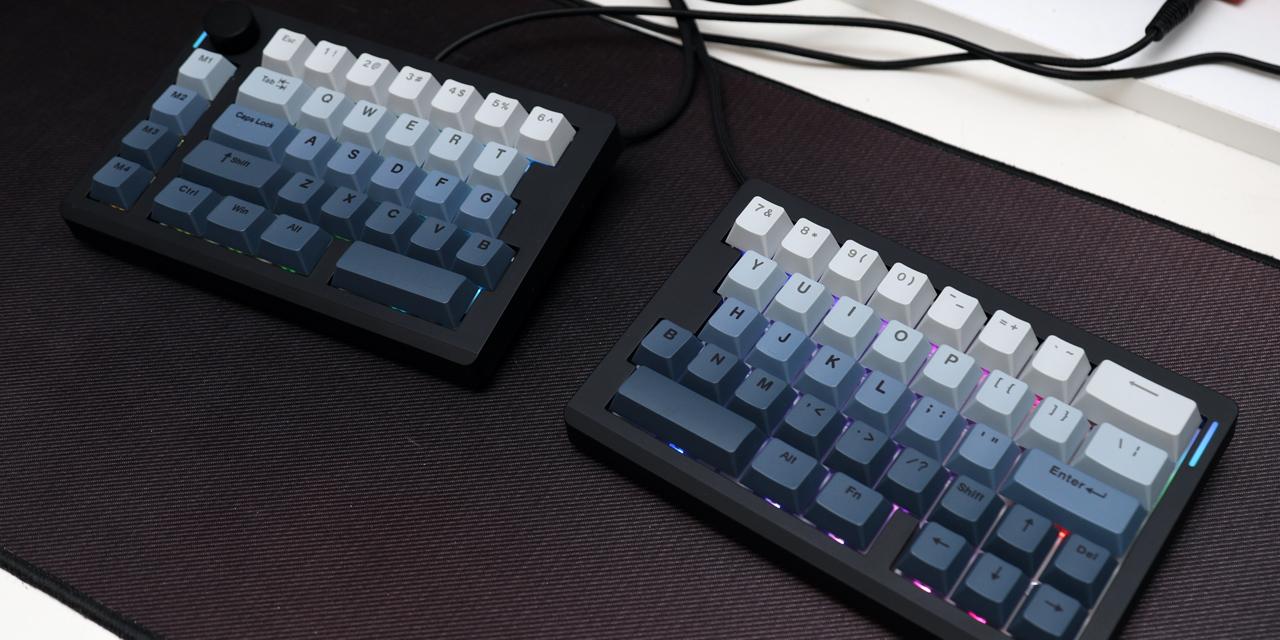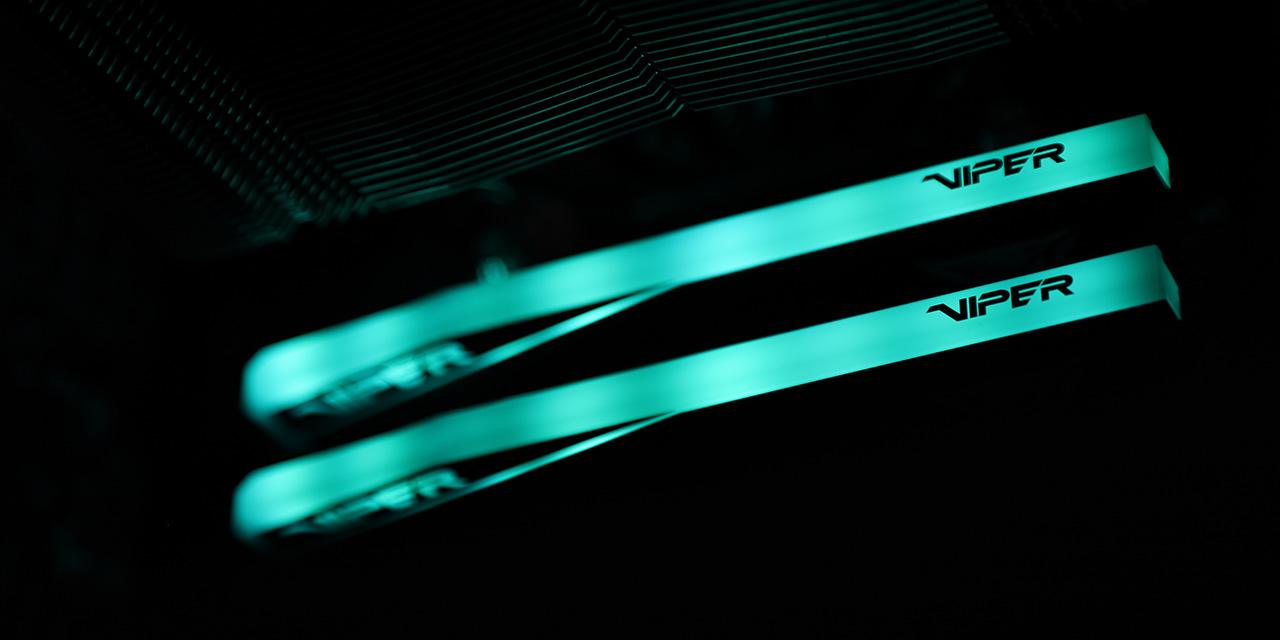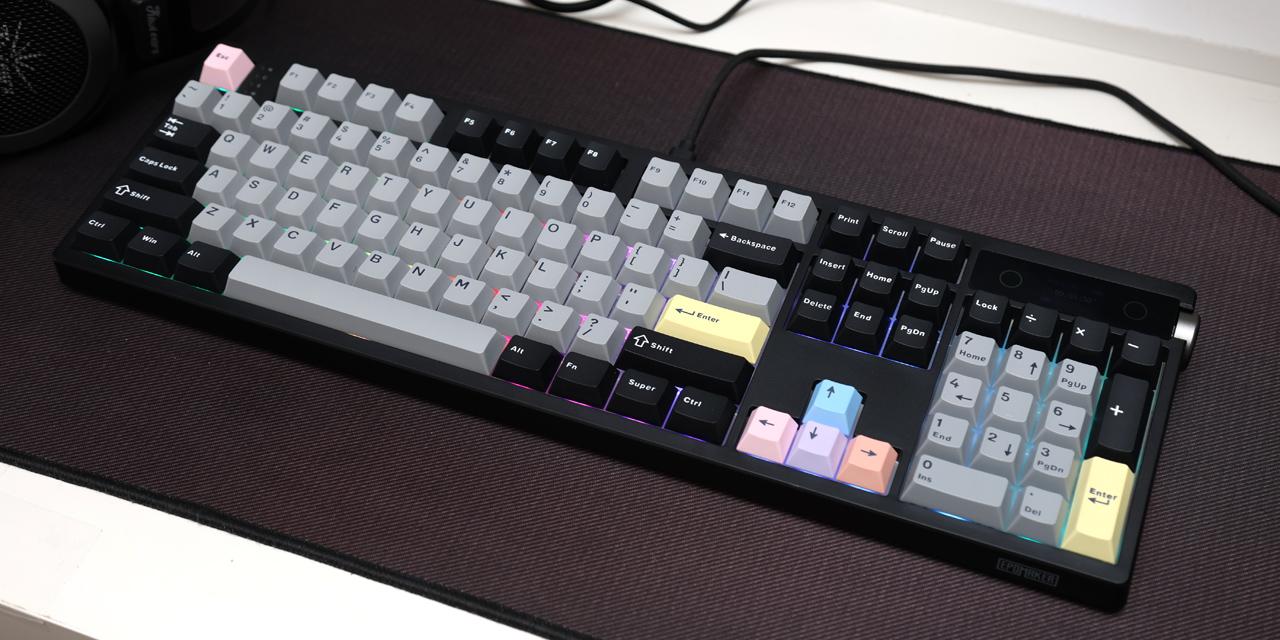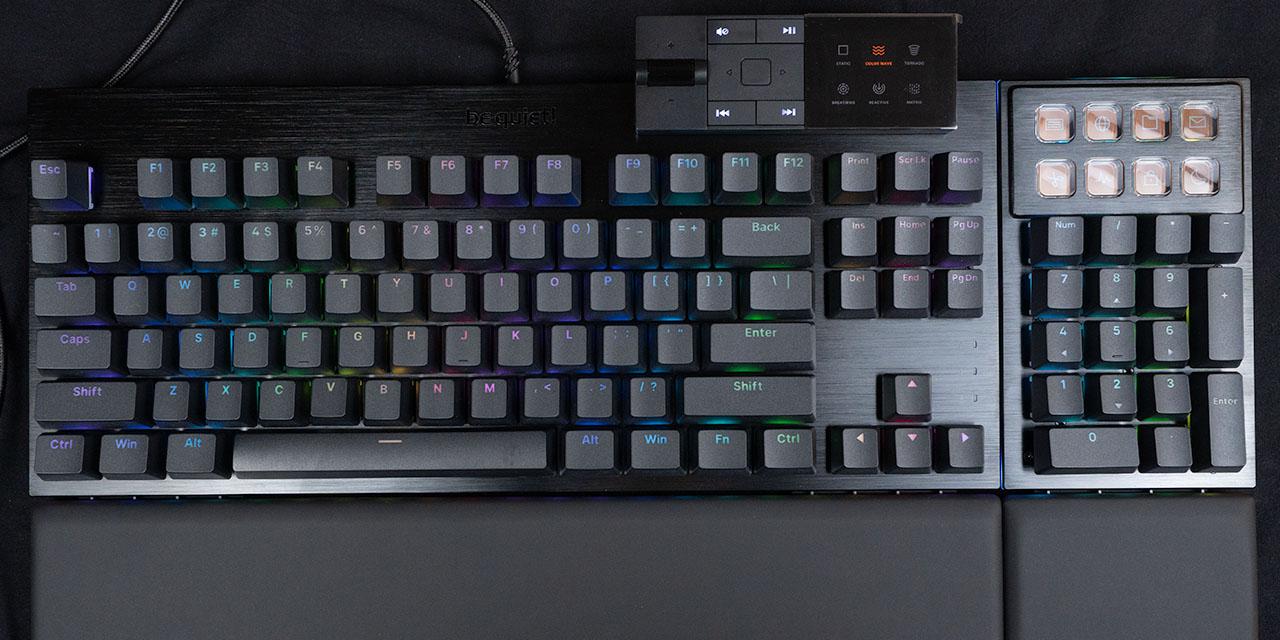|
From X-bit Labs: Intel Corp. on Friday confirmed that that it will formally reveal its fourth-generation Core i-series “Haswell” microprocessors on June 4, 2013, or around 3.3 quadrillion nanoseconds from today. The new family of processors will surpass old technology expectations and usher in a host of striking new designs with superior performance and long battery life. Thanks to significant decreases of power consumption, the world's largest chipmaker expects Haswell chips to power all types of PCs, from desktops to notebooks to tablets. Moreover, Haswell will not sacrifice performance for power consumption and will deliver blazing speeds. "The [next]-generation Intel Core processor family and our new line of low-power processors will usher in an era of unprecedented innovation in mobile computing. Our focus to deliver even lower power with the great performance that our processors are known for is as fundamentally significant as when we shifted our development focus beyond sheer processor speed in 2001. As a result, you will see our customers delivering sleek and cool convertible designs, as well as radical breakthrough experiences across a growing spectrum of mobile devices," said David "Dadi" Perlmutter, chief product officer of Intel, at last year's IDF. Intel managed to reduce the platform idle power of Intel Core processor family based on the next-generation "Haswell" micro-architecture by more than 20 times over the Core i-series "Sandy Bridge" chips while delivering high performance and responsiveness. To spur even more innovation in mobile computing, Intel plans to offer Haswell-based products with power consumption as low as 10W to enable thinner, lighter ultrabooks, convertible and tablet designs with better performance and battery life. Intel Haswell microprocessors for mainstream desktops and laptops will be structurally similar to existing Core i-series "Sandy Bridge" and "Ivy Bridge" chips and will continue to have two or four cores with Hyper-Threading technology along with graphics adapter that shares last level cache (LLC) with processing cores and works with memory controller via system agent. The processors that belong to the Haswell generation will continue to rely on dual-channel DDR3/DDR3L memory controller with DDR power gating support to trim idle power consumption. The chip will have three PCI Express 3.0 controllers, Intel Turbo Boost technology with further improvements and so on. View: Article @ Source Site |
 |
Intel Core i Haswell Due in 3.3 Quadrillion Nanoseconds
© Since 2005 APH Networks Inc. All trademarks mentioned are the property of their respective owners.
